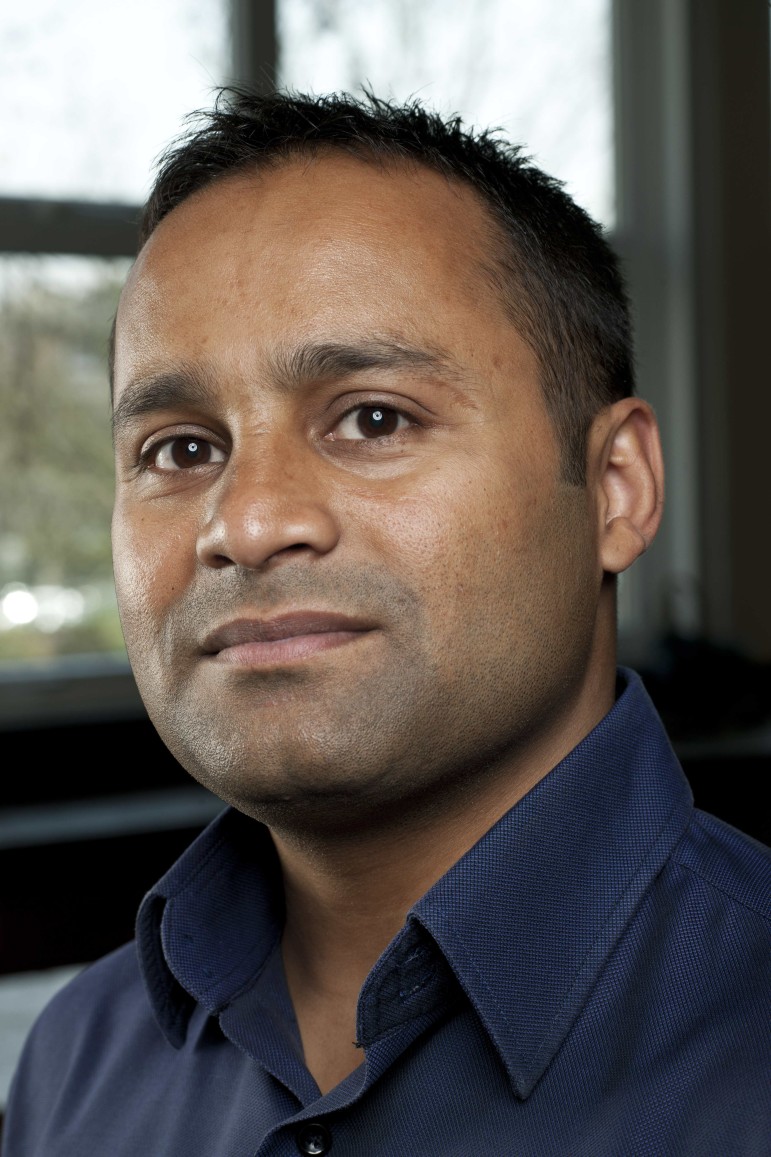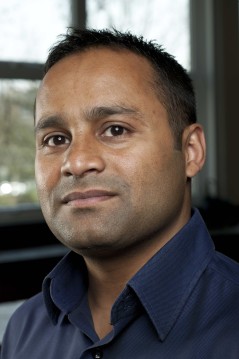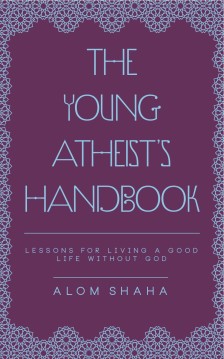In the wake of Ayaan Hirsi Ali’s recently rescinded Brandeis honorary doctorate, long-running discussions about Islamophobia—whether or not it exists, and whether or not the term is problematic—have been revived.
This week, atheist writer Ali A. Rizvi published a piece arguing that “the phobia of being called ‘Islamophobic’ is on the rise—and it’s becoming much more rampant, powerful, and dangerous than Islamophobia itself.” The piece received praise from Richard Dawkins and Sam Harris, among others.
Atheists have debated this issue for years. Harris has been at the forefront of the debate, decrying “deluded talk about the dangers of ‘Islamophobia.’” Dawkins, whose tweets about Islam and Muslims have repeatedly stirred controversy, has dismissed the phenomenon. On the other hand, a number of atheists, myself included, have argued that anti-Muslim bias is a real problem.
To explore this issue further I reached out to Alom Shaha, a trustee of the British Humanist Association (BHA) and author of The Young Atheist’s Handbook, which offers advice and tells his own story of going from Muslim to atheist. Shaha tackles the issue of anti-Muslim bias in his book, writing:
Although I am an atheist, I nevertheless find it distressing that people can be contemptuous of all Muslims based on their own prejudices about what it means to be Muslim. Some atheists are guilty of this ideological categorization, too, and it bothers me that some of those who really should know better feel that Muslims and non-Muslims cannot, by definition, get along.
I asked Shaha about anti-Muslim prejudice and why atheists should care about it, what he thinks of the term “Islamophobia,” how Muslims have reacted to his book about leaving Islam, and a new campaign to share his book with schools across the U.K.
Chris Stedman: You grew up Muslim and are now an atheist. Can you share a bit of your story?
Alom Shaha: I was born in Bangladesh but moved to England as a toddler, where I grew up in a neighborhood with a large number of other immigrant Bangladeshi Muslims.
I remember being skeptical about the idea of God from a young age and struggling to reconcile the things I was learning about the world, in school and from books, with what I was supposed to believe according to the religion of my parents.
Tragically, my mother died when I was thirteen, but that awful event had one positive consequence: It relieved me of any sense of duty or shame that may have made me try harder to follow the religion I was born into.
I think I’ve probably been an atheist for most of my life now, but it’s only in recent years that I’ve identified strongly as one. That’s mostly due to the fact that I decided to write a book about atheism—something that was inspired by conversations I’d had with students I’ve encountered in my job as a science teacher. Since publishing the book, I’ve been an active member of the BHA, and currently serve as a member of their board of trustees.
CS: As an ex-Muslim, you’ve written about anti-Muslim prejudice. Can you explain why anti-Muslim bias is harmful? Why do you care about it, and why should others?
AS: I grew up in London at a time when people like me encountered violent racism on the streets—a time when people like me were made to feel hated and inferior. This is why I am against any kind of prejudice that might make other people feel the way I did as a young person who was frequently racially abused.
It is undeniable that some expressions of anti-Muslim prejudice manifest themselves in ways that are just as ugly and dehumanizing as the racism I experienced as a child. Other atheists, Humanists, and secularists need to stand up against anti-Muslim prejudice—so that any critiques they have of Islam, or the way some people practice it, are evidently genuine and clearly not grounded in bigotry.
CS: Why do you think some atheists struggle with this?
AS: I’m not sure why some atheists seem to struggle with this. Perhaps because they have been privileged enough to never have encountered bigotry and prejudice themselves? Perhaps because they see all Muslims as being the same, and truly believe that they all conform to the negative stereotypes that have been spread in the media?
CS: Why is it important to recognize the diversity of perspectives in Islam, and not speak of Islam or Muslims in blanket terms?
AS: Simply because all Muslims are not the same—just as all Christians, Jews or Hindus are not the same. If we do not recognize this diversity, we make it easier for bigots to spread anti-Muslim hatred. We also risk making entire swaths of people feel like second-class human beings, and make it harder to work alongside those who would otherwise be our allies in campaigns for social justice and other issues.
CS: Some people take issue with the term “Islamophobia.” What’s your perspective on this?
AS: It does seem to be a word that is open to misuse. Personally, I prefer the phrase “anti-Muslim prejudice” because it doesn’t lend itself to people playing disingenuous word games.
CS: What have been some of the responses from Muslims to your story and your work? From other former Muslims? From other atheists?
AS: I know a lot of people expected a negative reaction from Muslims to my book, and I suspect some people even wished for this to be the case so that their prejudices could be confirmed. But the Bangladeshi Muslim friends I grew up with have received the book warmly—one of them even bought more than 50 copies to give away to his family and friends. The book has also been welcomed by many British ex-Muslims, who recognized their own journey in it, as indeed have many from other religious backgrounds.
CS: The BHA is sending a copy of your book to every secondary school in England and Wales. Can you say more about this and your work with the BHA?
AS: As I mentioned before, I am a trustee of the BHA—a voluntary role, which I feel allows me to make a positive contribution to the Humanist movement. The idea to distribute the book to schools came from a fellow science teacher, Ian Horsewell, who suggested it to the BHA and then worked tirelessly to make it happen.
I’ve been overwhelmed by the generosity of the thousands of Humanists who have helped fund the project, and I hope that their kindness results in a few more young people reading the book and exploring the ideas within it.







